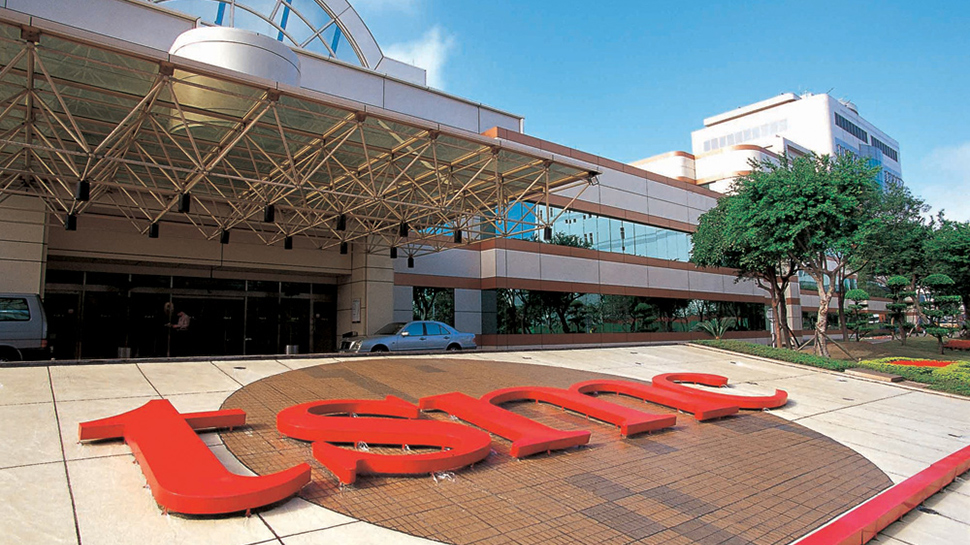
TSMC has complained a number of times that building fabs outside of Taiwan is significantly more expensive than building fabs at home. As it turns out, the foundry is prepping to pass those extra costs on to its customers -- meaning clients in the U.S. will have to pay up to 30% more for chips made in America than for chips made in Taiwan, according to a DigiTimes story.
TSMC has started discussions with customers about orders and pricing for both overseas plants, which are set to begin commercial production in late 2024. Industry insiders believe that prices of chips produced on TSMC's N4 and N5 process technologies in the U.S. will be 20% - 30% higher than those in Taiwan, while older process chips produced in Japan's Kumamoto facility on N28/N22 as well as N16/N12 nodes may cost 10% - 15% more than similar chips fabbed in Taiwan.
While American chip designers certainly won't appreciate higher costs on chip production in the U.S., it is likely that they will make chips aimed at government and less price-sensitive applications in Arizona. Therefore, they should be able to pass those extra costs on to their customers without risking their competitive positions.
Given the high construction and operational costs of fabs in Japan and the U.S., TSMC is going to pass those extra expenses on to customers to maintain its gross margin target of 53%. TSMC's negotiations with Japanese customers went smoothly, primarily due to substantial financial support from the local government for the Kumamoto facility. But many U.S. customers are continuing to negotiate prices with TSMC. In fact, some of them are mulling shifting some orders to Samsung Foundry to be more flexible with their costs.
For example, AMD and Qualcomm are said to be considering Samsung Foundry, while Nvidia may turn to Intel Foundry Services to make chips on one of its gate-all-around transistors-based technologies, such as Intel's 18A and 20A. Despite these rumors, TSMC remains committed to its principle of increasing, not decreasing, foundry quotes due to high manufacturing costs. Furthermore, since chip designs are getting costlier, it will be problematic for AMD, Qualcomm, and Nvidia to adopt a dual-source strategy and make similar chips both at TSMC and at Samsung Foundry or Intel. Therefore, TSMC's fab will be fully utilized even if its rivals get some orders from its loyal customers.
Meanwhile, TSMC has reportedly maintained a 20% - 30% discount for Apple, its largest customer, contributing to 25% of its revenue. This is attributed to their close partnership in advancing process migration and technological breakthrough as Apple tends to be the first to adopt TSMC's leading-edge nodes and is willing to both pay extra and take additional risks.
Since the information comes from an unofficial source, it should be taken with a grain of salt. Furthermore, actual production terms are confidential, depend on multiple factors, and vary from customer to customer, so it is close to impossible to make guesses about possible production shifts from TSMC because of the costs.







